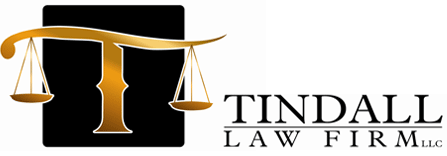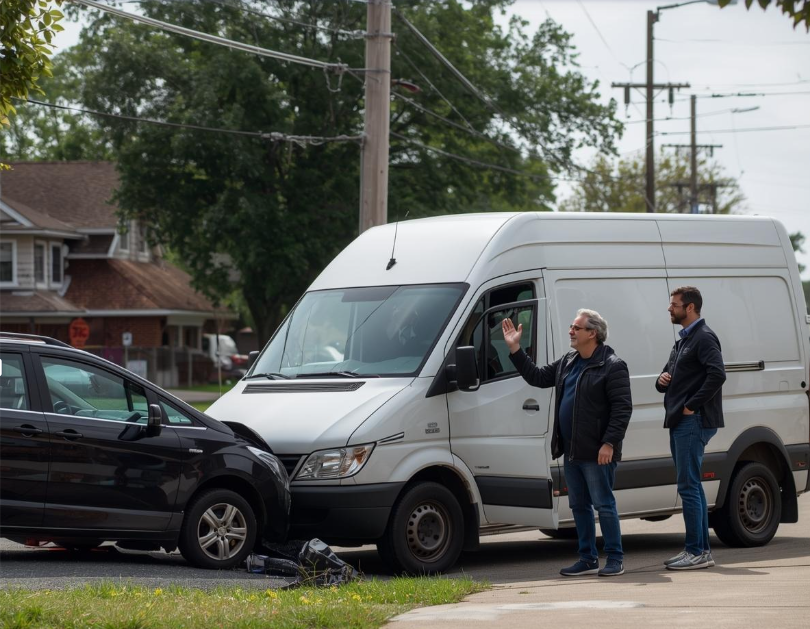Your Frequently Asked Questions
A Tradition of Excellence
 Sampling of Successful Case Resolutions
Sampling of Successful Case Resolutions
 Read our answers to some frequently asked questions.
Read our answers to some frequently asked questions.
Statement
 View Our Mission Statement
View Our Mission Statement

Road Hazards: Important Tips to stay safe when you are on the side of the road
March 19, 2014
Get a Living Will and a Power of Attorney in the Event of Incapacity
April 9, 2014Your Frequently Asked Questions – We decided to take some time and focus this post on some of the most frequent questions we are asked. Please be sure to always check back, as we will be adding to this topic frequently.
Who is liable for the damage to my car for an accident that occurred while I was doing the errands in my car for the employer?
Ultimately the one who caused damage to your car is responsible for your damage. If another driver is at fault, then he or she would be responsible, hopefully through his or her insurance company. If you caused the damage, then you are responsible under the collision portion of your insurance. If you incurred injuries, lost wages, medical bills and other losses and damages during the accident then you will have a claim for these losses against the at fault party’s insurance. If this party did not have insurance, then you can make a claim against your own insurance under the uninsured motorist coverage you are required to have. Sometimes the employer’s auto policy provides coverage for uninsured motorist even on your vehicle. If it was the company car, then the company will take care of the damages to the car, and likely go after the party who caused the damages to the company car. You will also have a concurrent Workmen’s Compensation claim through your employer if you were injured while doing the work of the employer.
Do I use my medical insurance for treatment when in an accident, and do I have to reimburse them, when the other driver’s insurance is responsible?
CT law works this way: if you have what is called Medpay coverage under your auto policy this is first in line for medical bills. When that amount is used up or “exhausted” then your health insurance is required to pay the bills. At the time of successful completion of the case against the at fault party and their insurance company, any liens owed to the health insurance company for bills paid would be factored into the settlement amount and would have to be paid out of the settlement. Health insurance, under CT law, is only entitled to reimbursement out of case proceeds if the health insurance plan is a qualified “self-funded” ERISA plan under federal law or Medicare or State Medicaid. If it is a true group private health insurance plan, under current CT law, it is not entitled to reimbursement. Med pay does not get paid back either. Further, per CT law, the health insurance premiums and Medpay insurance premiums have to be factored in by the at fault auto insurance company for any credit they take for your medical bills being paid by health or Medpay insurance. This can be confusing so consult us on this and we can handle this burden for you. We are very experienced in these types of matters at Tindall Law Firm, LLC.
Can the other driver’s car insurance company accept liability, return my deductible, and then deny my bodily injury claim?
Insurance companies could do this, but often do not. If the at fault insurance company accepts liability, and your insurance company under this scenario recovers the deductible you expended for your carrier paying to fix your car, then usually the at fault insurance company will agree to pay for your bodily injury related damages. The dispute is usually not whether they will pay, but will they compensate you adequately and without trying to deduct for your alleged comparative fault in causing the accident? This happens frequently. Your avenue of recovery is through the courts. Luckily for everyone, insurance companies don’t get to make the final decision, but rather juries do.
My attorney says they are filing a complaint against the insurance company what does that mean?
A “Complaint” is generally the name given to a lawsuit, and it is not filed against the insurance company but rather their insured, which was at fault for causing the accident. Generally, the only time you would sue an insurance company directly is if you have to sue your own for failure to offer proper compensation for an uninsured at fault driver or for failure to compensate you properly for an underinsured at fault driver. However, the at fault driver’s insurance company then takes the lawsuit against their insured and hires an attorney to defend the at fault driver. Thereafter, ultimately, this insurance company will pay any settlement amount or jury verdict on behalf of their insured driver who was at fault.
What happens if a car hits me, while I was walking with the right-of way, but he or she has no insurance, what’s my next step?
If you sustained injuries while legally walking as a pedestrian and were struck by a car, your uninsured motorist auto insurance coverage will kick in to cover the wrongful conduct of the uninsured driver.
At Tindall Law Firm, LLC we are very experienced in helping those with injuries to receive the just compensation to which they are entitled. Please contact us with any questions on this topic or any other legal issues by calling us at (203) 755-0018 or visiting us online at https://tindall-lawfirm.com/ with all your legal needs.










